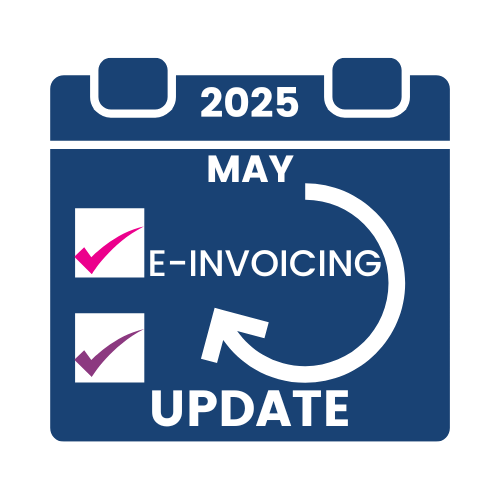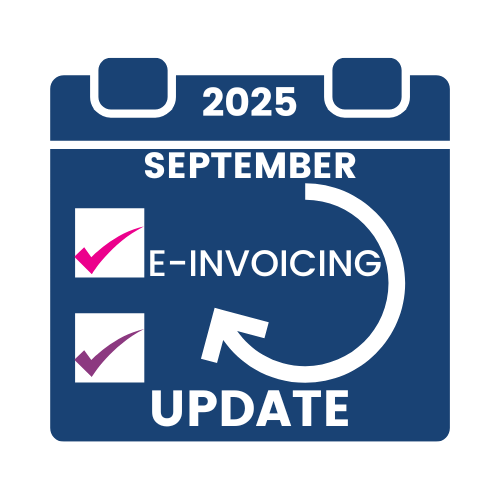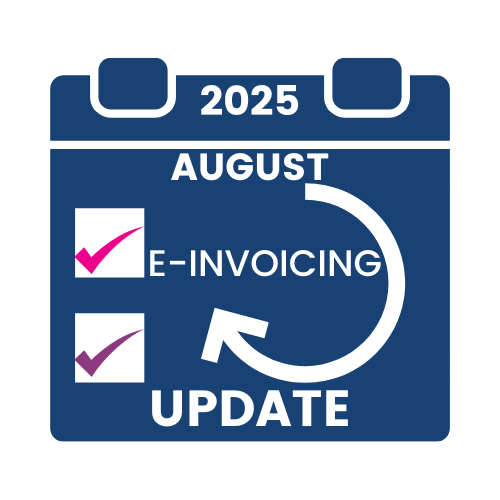Poland
Polish MoF confirms the KSeF e-invoicing obligation start in February 2026 and provides additional details on the mandate. On April 12, 2025, the Ministry of Finance (MoF) published updated postulates for legislative, technical and business changes impacting KSeF. Moreover, based on the comments from previous public consultations, a second draft act to implement mandatory e-invoicing via KSeF was released.
The Ministry of Finance published an official draft of schema FA_VAT (3). On May 8, the Ministry of Finance published the draft version of the schema FA_VAT (3) on the official website. It will enter into force as of February 1, 2026, replacing the previous version FA (2).
Greece
Greece has recently released many amendments that affect the E-transport mandate. Below is a summary to help businesses understand the changes that the digital transportation mandate has gone through, including tailoring the scope, changes to the timeline, and others.
Redefined scope for the first period in the first phase:
- The amount of taxpayers’ gross income exceeds two hundred thousand 200,000 EUR (based on the 2022 income tax return, excluding entities whose gross income exceeds 5 million EUR, are subsidiaries of a foreign company and make use of the commercial/accounting management program of the foreign company they operate or;
- Taxpayers active in the sectors of energy products (fuels), pharmaceutical products and medical consumables, construction and related materials, regardless of the gross revenue. This is based on the income tax return submitted for the 2022 tax year.
Israel
Israel advances timeline for allocation number requirements. The Knesset Financial Committee recently announced, in a series of readings regarding taxation measures, accelerated timelines for the requirement for Israeli taxpayers to request allocation numbers.
Hungary
The Hungarian Ministry of National Economy starts preparations for the implementation of ViDA. The Hungarian Ministry of National Economy (NGM) has initiated a project aiming to support the implementation of the e-invoicing and digital data reporting (DDR) obligations under the VIDA (VAT in the Digital Age) package.
Argentina
Summary of General Resolution No. 5614/2024 new requirements for businesses. Previously, large businesses had to adhere to new invoicing rules. Since April 1, 2025, SMEs are also part of this obligation.
Saudi Arabia
ZATCA introduces wide scale amendments to VAT Executive Regulations. On April 18, 2025, the Zakat, Tax and Customs Authority (ZATCA) announced Board Resolution No. 01-06-24 in the Official Gazette, marking a significant update to the Value-Added Tax (VAT) Implementing Regulations.
New Zealand
Proposed expansion of e-invoicing rules for B2G transactions. Rule 44 of the New Zealand Government Procurement Rules proposes that public agencies handling over 2,000 domestic trade invoices annually should be equipped to process e-invoices and require large suppliers to submit them. If adopted, this requirement will take effect by January 1, 2026.
Latvia
Draft Law proposes a new timeline for Latvia’s upcoming B2B mandate. The Latvian parliament has submitted a draft law proposing to postpone the B2B e-invoicing mandate by one year, changing the start date to January 1, 2027. The main reason for the proposal is to provide taxpayers with more time to prepare and ensure an optimal implementation process.
Pakistan
Pakistan postpones e-invoicing integration deadlines for taxpayers. The Federal Board of Revenue (FBR) has announced a one-month extension for corporate and non-corporate taxpayers to integrate with the e-invoicing system, offering more time to comply with the mandatory digital invoicing framework.




